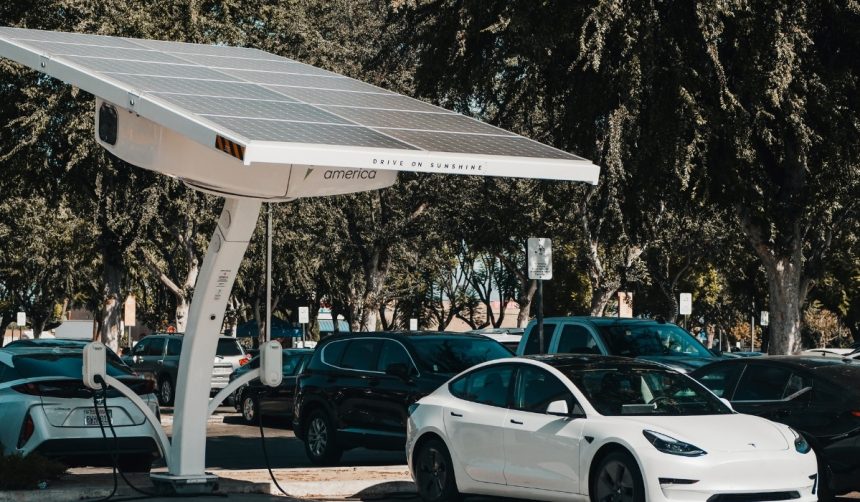Tensions continue to rise between two prominent figures in the tech world, as Tesla CEO Elon Musk publicly warns former Microsoft CEO Bill Gates about his significant short position in Tesla’s stock. Financial speculation around Tesla Inc. (TSLA) has drawn the attention of major personalities, with Musk’s recent statements bringing renewed focus to Gates’ long-standing bet against the electric vehicle manufacturer. The situation has engendered a wave of reactions from both the financial community and tech enthusiasts observing this high-profile case of diverging opinions on the future of Tesla’s business.
Reports dating back several years indicate that Gates started holding his short position against Tesla as early as 2019, when skepticism surrounded the company’s ability to meet ambitious scaling and financial targets. In contrast, Tesla has since achieved substantial growth in its share price, consistently surpassing projections that initially fueled such bearish wagers. Public interest in Musk and Gates’ rivalry intensified after Gates made overtures to collaborate philanthropically, despite previously expressing doubts about Tesla’s valuation and prospects, which set the stage for Musk’s critical remarks and warnings seen today. The continued holding of this position by Gates, despite market trends, has extended the narrative beyond typical investment disagreement and into personal dynamics between industry leaders.
Why Did Bill Gates Take a Short Position?
Gates’ decision to maintain a large short position in Tesla, reportedly valued at around $500 million, was grounded in his skepticism regarding the company’s long-term sustainability and capacity to deliver on its bold forecasts. By betting that Tesla’s share price would decline, Gates hoped to profit should the company fail to maintain its upward trajectory. Such financial maneuvers are common in the volatile tech sector, though they become especially noteworthy when involving figures as influential as Gates and Musk.
How Has Tesla’s Stock Performed in Recent Years?
Despite the significant short, Tesla’s stock has not moved in favor of Gates’ position. Shares of Tesla have experienced a rise of over six percent this year and a dramatic increase of nearly 150 percent over the past five years. This growth trajectory runs counter to Gates’ expectation and becomes an additional point of contention between the two figures. The increased stock value reflects not only investor confidence in Elon Musk’s leadership but also in Tesla’s broader product vision and global market reach.
What Are the Implications of Musk’s Warning?
With the backdrop of Tesla’s notable performance, Musk delivered a stark message to Gates, suggesting that the window to close his short position may be narrowing.
“If Gates hasn’t fully closed out the crazy short position he has held against Tesla for ~8 years, he had better do so soon,”
Musk stated publicly, directly addressing the risks now facing Gates as market dynamics continue to shift.
The rivalry, however, is not strictly financial. Musk has previously criticized Gates for betting against the EV automaker while simultaneously expressing interest in collaborative philanthropic efforts. According to Musk,
“He placed a massive bet on Tesla dying,”
underscoring the personal dimension to their ongoing competitive narrative in both business innovation and public influence.
The dynamic between Elon Musk and Bill Gates showcases more than a standard financial disagreement; it highlights how personal relationships and public statements can influence perceptions in high-stake tech battles. Market history shows that major short positions by influential investors can backfire when confronted with unexpected company growth and investor optimism, as seen with Tesla’s recent performance. Readers interested in following stock market maneuvers by high-profile individuals can learn from this case that timing and conviction matter just as much as underlying business insight. Caution remains a key theme for participants in fast-moving tech markets, as notable short squeezes and valuation shifts can occur quickly and publicly. The Musk-Gates saga reflects the intersection of personal dynamics, public imagery, and financial strategy in today’s tech landscape.










